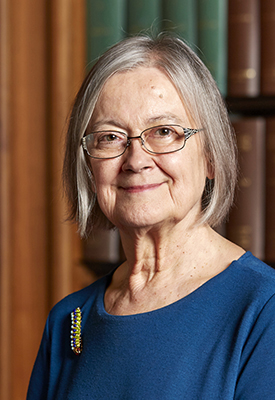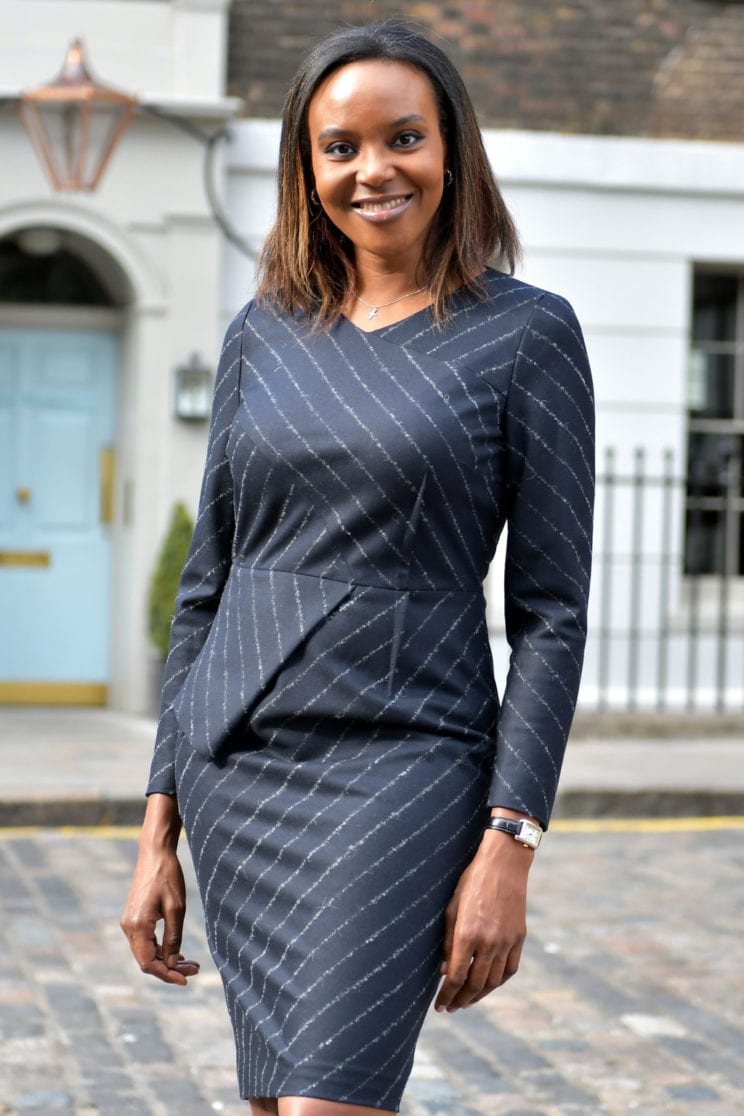International women’s day is coming up, A day where people across the world celebrate women’s empowerment. I work as a recruiter to the legal profession and see first-hand incredible contributions from some inspirational women. 2019 was a milestone year for women in law as we saw the profession celebrate 100 years of women practising.
Whilst there are many inspirational women in the legal sector, at all levels of the profession, I have picked out just a few trailblazing lawyers who have made an influential difference.
Brenda Hale, Baroness of Richmond
 Lady Hale may have only become a social media sensation in the last few years but, in the legal sector, she has long been a trailblazer.
Lady Hale may have only become a social media sensation in the last few years but, in the legal sector, she has long been a trailblazer.
- Known as Lady Hale, she served as President of the Supreme Court of the United Kingdom from 2017 to 2020 before her retirement at the age of 75.
- Her career started in 1989 and in 2004 she joined the House of Lords as the Lord of Appeal in Ordinary, being the first woman to be appointed the position.
- She has long been a champion of equality and diversity and has been highly critical of the lack of female representation in the Supreme Court stating, “in a democracy which values everyone equally, and not just the privileged and the powerful, it is important that their rights and responsibilities should be decided by a judiciary which is more reflective of the society as a whole, and not just a very small section of it”.
- Her motto, in Latin, translates as “women are equal to everything”.
Funke Abimbola
 A multi-award-winning lawyer, business leader, public speaker TV contributor, diversity leader, patron, board member and proud mother. Having experienced both race and gender-based discrimination she believes that working together can result in levelling the playing field and improve diversity within the legal profession and the wider business community.
A multi-award-winning lawyer, business leader, public speaker TV contributor, diversity leader, patron, board member and proud mother. Having experienced both race and gender-based discrimination she believes that working together can result in levelling the playing field and improve diversity within the legal profession and the wider business community.
- She works with several organisations to drive change and has partnered with the Law Society, various law firms, Aspiring Solicitors, SPARK21, Speakers4Schools, INTO Univer
- sity, Business in the Community and the UK Ministry of Justice to name a few.
- Funke promotes the celebration of differences and aims to be visible in promoting diversity and inclusion with a mission to create an impact and influence others to reach their full potential. She is all too aware that there “remains a severe lack of visible, accessible role models in our society.”
- Upon entering the legal profession, Funke Abimbola was told she was “too competitive for a black woman.” 15 years later, Abimbola heads up the UK & Ireland legal team of Roche, the world’s largest biotech company.
- As the most senior black lawyer in the pharmaceutical industry and a single mother, she has consistently fought to remove the barriers that prevent progression for female lawyers and received recognition through multiple awards such as Career Woman of the Year and Most innovative European in-house lawyer.
- In 2017, Abimbola – who is also the founder of the International Women Leader in Life Sciences Network – was conferred an MBE because of her numerous contributions to “help diversify the legal profession”.
Amal Clooney
 Ranked in Chambers and Partners and Legal 500 as one of the top lawyers in the UK in the fields of international human rights and criminal law, Amal Clooney is inspirational to say the least.
Ranked in Chambers and Partners and Legal 500 as one of the top lawyers in the UK in the fields of international human rights and criminal law, Amal Clooney is inspirational to say the least.
- A barrister at Doughty Street Chambers, Clooney started her life in Lebanon before fleeing her home during the violent civil war in 1982. Despite facing difficulties as a refugee in the UK, she received her bachelor’s degree in Law from St Hugh’s College, Oxford in 2000 and went on to complete a Master of Law (LLM).
- From former Ukrainian Prime Minister Yulia Tymoshenko to WikiLeaks founder Julian Assange, Amal Clooney has represented a raft of high-profile clients and harnessed her expertise to advocate for the cases of victims of human rights violations, unfair trials and war crimes.
According to data collated by The Law Society in 2014, 2015 and 2017 women make up 48% of all lawyers in law firms and there has been little change in this figure since 2014. The difference in ratio becomes more apparent the higher up the career ladder we climb wherein 2017 women made up 33% of partners. In Larger firms of 50 plus partners, this difference is greater still at only 29%, however, there were small but welcome signs of change between 2014 and 2017. I hope that 2020 sees all aspects of the legal profession working together to celebrate the contributions made by both men and women, challenge the social norms that no longer fit and start an open and honest dialogue about how to encourage everyone to reach their full potential.
Here’s to another 100 years of outstanding women in the legal sector.
